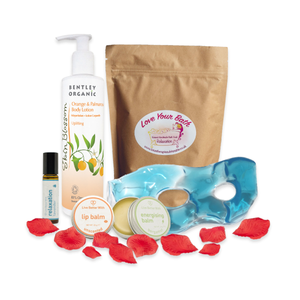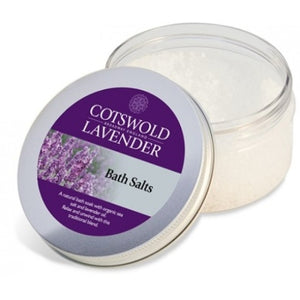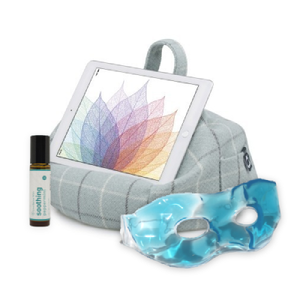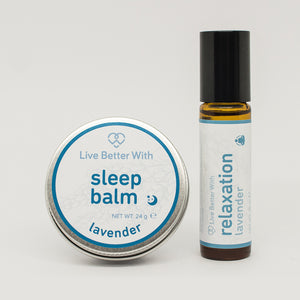Diet & Weight
Managing Diet and Weight During the Menopause
Many women find that weight gain occurs during the menopause. Hormonal changes can influence how your body metabolizes calories and fat. Lower levels of oestrogen can also compel you to eat more.
However, weight typically fluctuates during the menopause for a broader variety of reasons. When you sleep poorly, for example, you’re more likely to snack throughout the day. Equally, if your joints are aching or you feel fatigued, you’re less likely to exercise or work out. Taken together, these symptoms can make it easy to gain weight, and hard to shake the “middle age spread” once it’s taken place.
This guide covers:
- Weight gain
- Managing symptoms
Why am I gaining weight and what can I do about it?
The menopause makes you tired, stressed and sore - all impediments to working out. If you’re feeling unpleasant, it’s hard to convince yourself to get out the door and head to the gym. However, weight gain isn’t inevitable, and there are some excellent strategies for working towards fitness:
- Get moving: Walking, running, swimming and biking are all great ways to feel healthy and get fit. Yoga, pilates and a variety of sports are also excellent for maintaining your physical health. When you’re paying attention to diet alongside fitness activities, your body will be forced to burn fat to keep you energised; this can lead to weight loss.
- Eat healthy, balanced meals: Try to focus on including leafy greens and plenty of fruits and vegetables in your diet. Nuts, legumes, beans, and low-fat sources of meat protein like chicken and fish will fuel your body without causing you to gain weight. Choose healthy sources of fat like avocado and olive oil. You can find hundreds of delicious recipes online or in cookbooks specially designed for women who are going through the menopause. Focus on getting lots of omega-3 and omega-6 fats into your diet to protect your eyes, bones, and joints. These fatty acids can also help to improve your hair and skin as you slim your waistline.
- Resist the urge to snack: Mindlessly snacking might feel pleasant at the time, but it isn’t good for your blood sugar or your body. Try to focus on choosing healthy, intentional snacks during the day - like cut-up vegetables and hummus, olives, apple and peanut butter, or butter-free popcorn. If you choose filling foods with whole grains for your main meals, you’ll be less likely to seek out snacks in-between.
- Don’t drink your calories: Try to limit the amount of alcohol you drink, and choose beverages that don’t contain a tremendous amount of sugar.
How will healthy eating help me to manage symptoms of the menopause?
Eating well can help you to optimise for higher energy, better mental health, and better full-body strength. Paying attention to what you eat isn’t only beneficial for weight loss; it can also support a healthier approach to the menopause in general. Balancing your emotions and symptoms is key to feeling happy and fulfilled.
- Choose protein: Protein will keep you full and fuelled as you head about your day. It’s a reliable way to ensure that you can resist unhealthy temptations when they come along. Protein balls are perfect for on-the-go snacking, or mix your protein into a smoothie for an instant, filling energy boost. You can also try yummy protein bars.
- Make a smoothie: Smoothies are a great way to ensure that you get all your required fruits and vegetables. If you make them yourself, you’re less likely to accidentally consume tons of extra sugar in the process. With a range of delicious recipes and handy blend-and-go blender options, you’ll be drinking your vitamins and minerals in no time. You can also add in protein for a long-term energy boost in your day.

Whatever your dietary needs, spending time focusing on what you eat is a productive way to ensure that your symptoms are managed.






